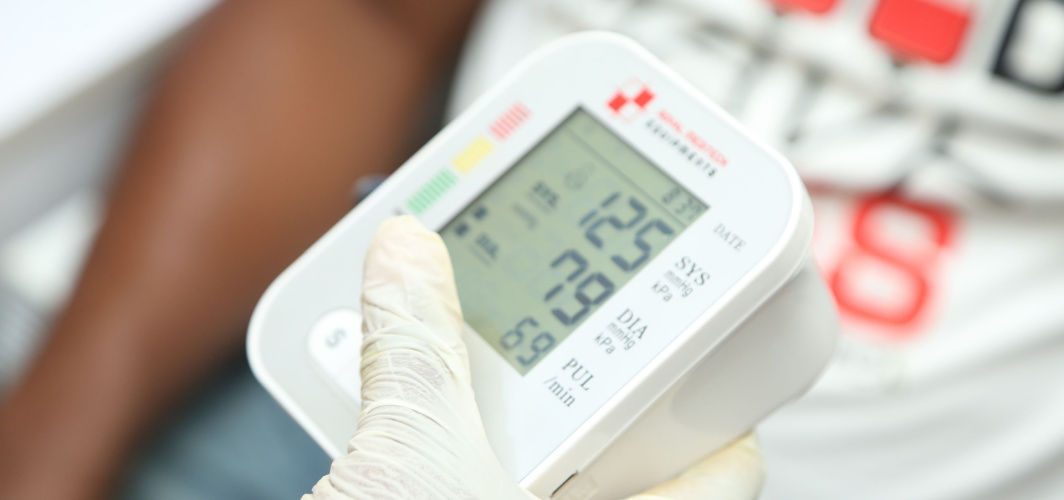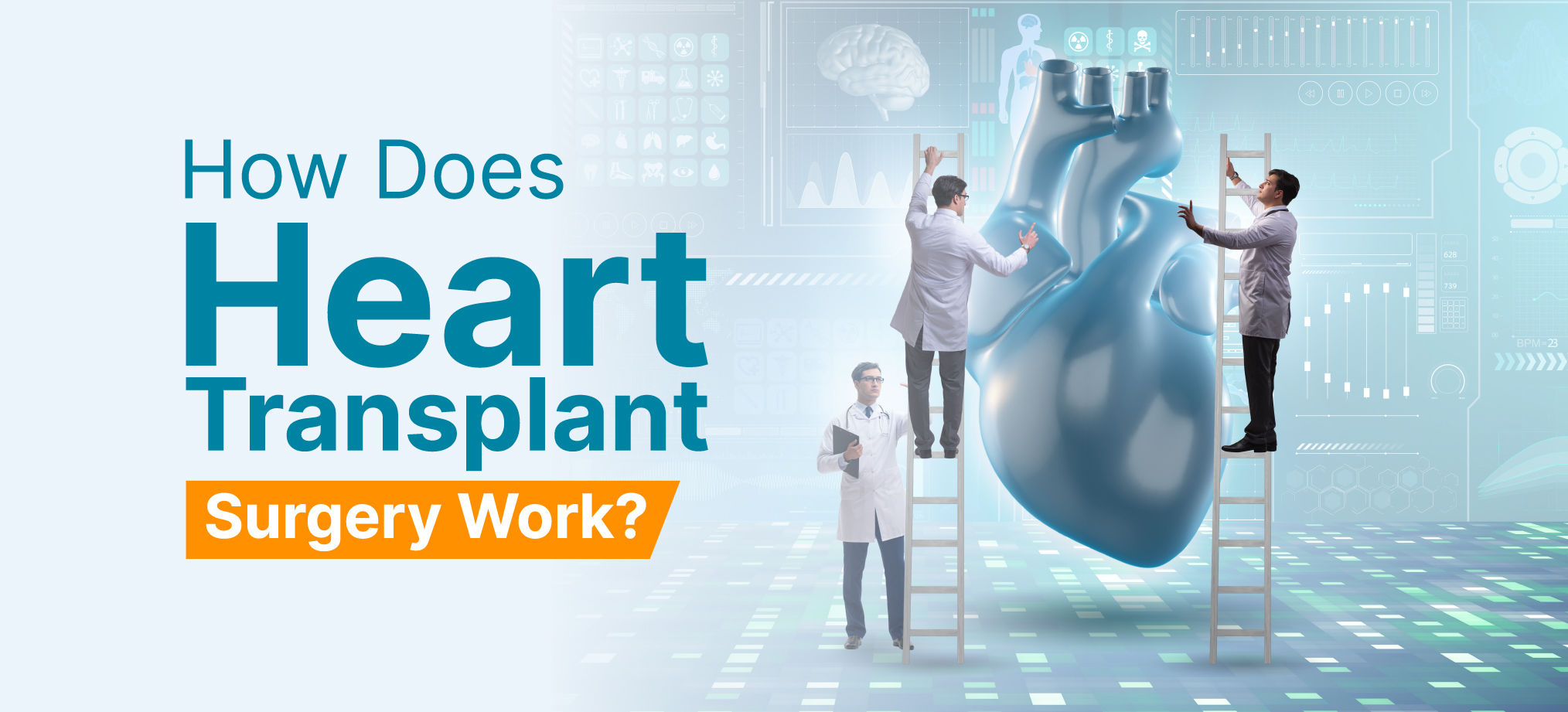Heart Conditions
Can High BP in Middle Age Cause Brain Damage Later?
4 min read
By Apollo 24/7, Published on - 30 December 2020, Updated on - 18 October 2022
Share this article
2
12 likes

About the study
Findings of the study
- The study found that diastolic blood pressure in people in their 40s and 50s is linked to extensive brain damage in later life. It noted that a higher WMH load was strongly linked to current systolic blood pressure. However, the strongest correlation was with past diastolic blood pressure, particularly in middle-aged people. Researchers say this means that managing diastolic blood pressure is also important to prevent damage to brain tissue.
- Among the top 10% of participants with the highest WMH load, having systolic blood pressure over 120mmHg accounted for 24% of the load. On the other hand, 7% of the load was attributed to diastolic blood pressure above 70mmHg.
- The study showed that even a relatively low surge in blood pressure beyond the normal range correlated with a higher amount of WMH. This implies that increased blood pressure starts damaging the brain tissue even before it meets the treatment criteria for hypertension.
- The proportion of WMH load increased by an average of 1.126-fold for every 10mmHg increase in systolic blood pressure beyond the normal range. On the other hand, for every 5mmHg increase in diastolic blood pressure above the normal range, the proportion of WMH load rose by an average of 1.106-fold.
How to manage blood pressure?
- Lose weight
- Increase physical activity and exercise more
- Follow a balanced and healthy diet
- Reduce the intake of salt
- Limit consumption of alcohol
- Quit tobacco
- Limit intake of caffeinated beverages
- Manage stress
- Monitor blood pressure regularly
Conclusion
Heart Conditions
Leave Comment
Recommended for you

Heart Conditions
Sudden Drop In Blood Pressure On Standing? Know What It Means
Postural hypotension is a condition in which your blood pressure suddenly drops when you stand after a period of sitting or lying. It may cause dizziness or fainting. Treatment may vary depending on the underlying cause.

Heart Conditions
How Does Heart Transplant Surgery Work?
Generally a heart transplant surgery is recommended for patients who are suffering from end-stage heart ailments such as heart failure. The transplant surgery works by replacing a diseased heart with a healthy one, which increases the patient's longevity.

Heart Conditions
Night-time Blood Pressure: What Does It Reveal?
The findings of a recently published Japanese study have highlighted the negative impact of nighttime high blood pressure on cardiovascular health. Ambulatory blood pressure monitoring (ABPM) technique is used to calculate the nighttime blood pressure.
Subscribe
Sign up for our free Health Library Daily Newsletter
Get doctor-approved health tips, news, and more.
Visual Stories

7 Tips to Manage Hypertension
Tap to continue exploring
Recommended for you

Heart Conditions
Sudden Drop In Blood Pressure On Standing? Know What It Means
Postural hypotension is a condition in which your blood pressure suddenly drops when you stand after a period of sitting or lying. It may cause dizziness or fainting. Treatment may vary depending on the underlying cause.

Heart Conditions
How Does Heart Transplant Surgery Work?
Generally a heart transplant surgery is recommended for patients who are suffering from end-stage heart ailments such as heart failure. The transplant surgery works by replacing a diseased heart with a healthy one, which increases the patient's longevity.

Heart Conditions
Night-time Blood Pressure: What Does It Reveal?
The findings of a recently published Japanese study have highlighted the negative impact of nighttime high blood pressure on cardiovascular health. Ambulatory blood pressure monitoring (ABPM) technique is used to calculate the nighttime blood pressure.